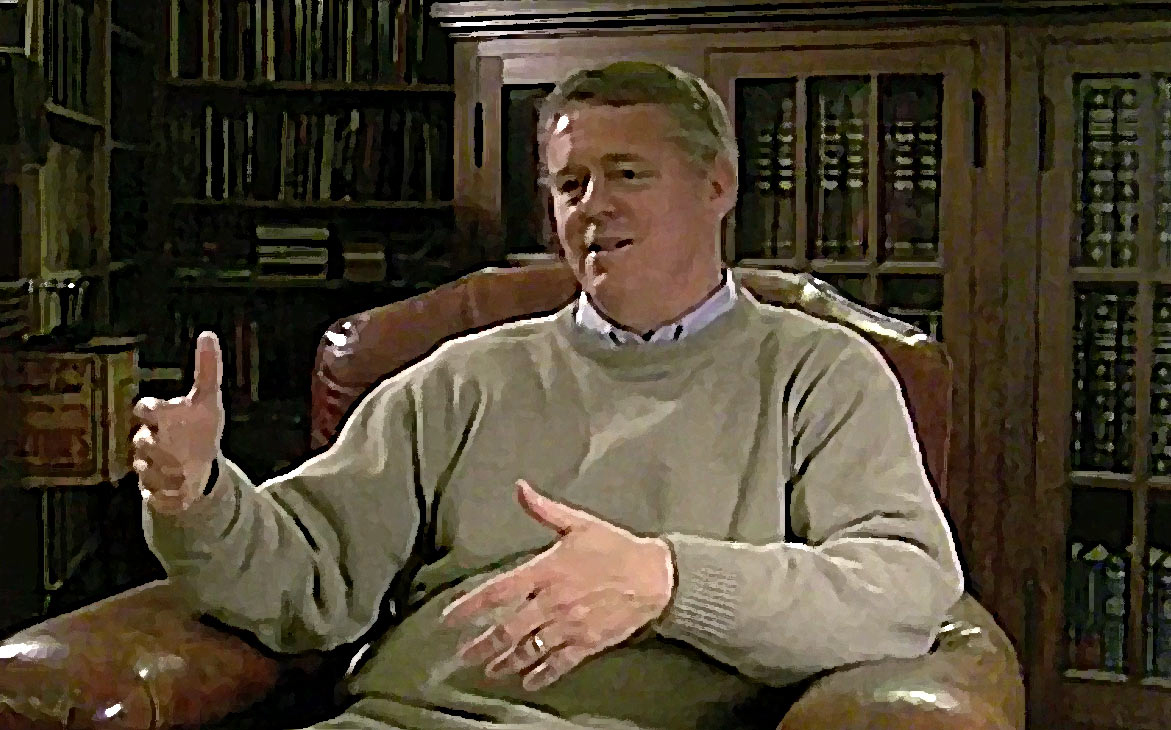Old hat. Long in the tooth. Creaky as an outhouse door.
These are just some of the expressions that apply to how our cities, states and metro areas are run — by ancient principles that do not serve the common good.
Last weekend I wrote about the ongoing revolution in transit, the peer-to-peer online app services offered by Uber, Lyft and the like. These ride-sharing services allow normal folks to give and receive car rides at great convenience.
They blow mass transit “out of the water” and throw taxi service sideways. Super-convenient, they make it cheap and safe for people to co-operate in new and productive ways.
Art Carden, at EconLog, notes the “social waste” that governments add to the system. While the new app-based services provide true solutions to the high transaction costs of negotiating among many people, governments give us squabbles: “the battle over the rules governing the conditions under which people will be allowed to do certain things is pure social waste,” Carden argues. “The social waste is reflected in the resources consumed in the fight over the rules.”
We’ve gotta have rules, of course. But they needn’t require micromanagement, massive restrictions, or high taxes.
The new era will be run (if allowed) on the basis of convenient co-operation, transaction costs reduced by communications technology.
The old era that still rules the roost runs on clunky old ideas that Carden rightly calls “mercantilism,” the political ideology that Adam Smith argued against . . . in 1776.
Government should undergird free markets, not intrude and dominate by licensing near-monopolies.
This is Common Sense. I’m Paul Jacob.

